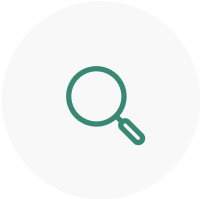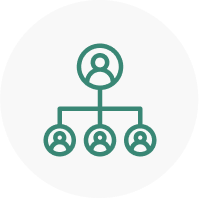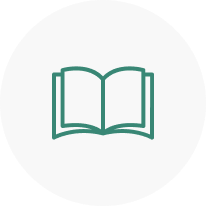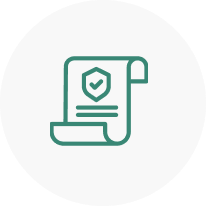

Lorem ipsum dolor sit amet consectetur. Amet dolor ultrices cras adipiscing.
SEERNet is leading a movement to develop and maintain digital learning platforms as research infrastructure to support better, faster research on student learning. Our goal is to empower researchers and educators to learn more and more quickly what works and for whom in order to inform better instruction and create better student outcomes.
Lorem ipsum dolor sit amet consectetur. Amet dolor ultrices cras adipiscing.
SEERNet is leading a movement to develop and maintain digital learning platforms as research infrastructure to support better, faster research on student learning. Our goal is to empower researchers and educators to learn more and more quickly what works and for whom in order to inform better instructiion and create better student outcomes.
Research Showcase
Learn more about our
SEERNet's DLP and research teams aim to contribute to better science, better engineering, better contributions to practice, and better community. Click an audience to the right to access tailor made resources.

Research
SEERNet funded research teams conduct research on DLPs that is grounded in realistic classroom data and applicable to classroom improvement.

Digital Learning Platforms
SEERNet provides lessons learned from our DLPs in the form of blogs, working papers, and resources.

Education Practice
SEERNet shapes research that directly addresses classroom challenges.

Policy
SEERNet helps inform decisions that promote effective, equitable, and scalable education policies.
 Sign Up
Sign Up 



